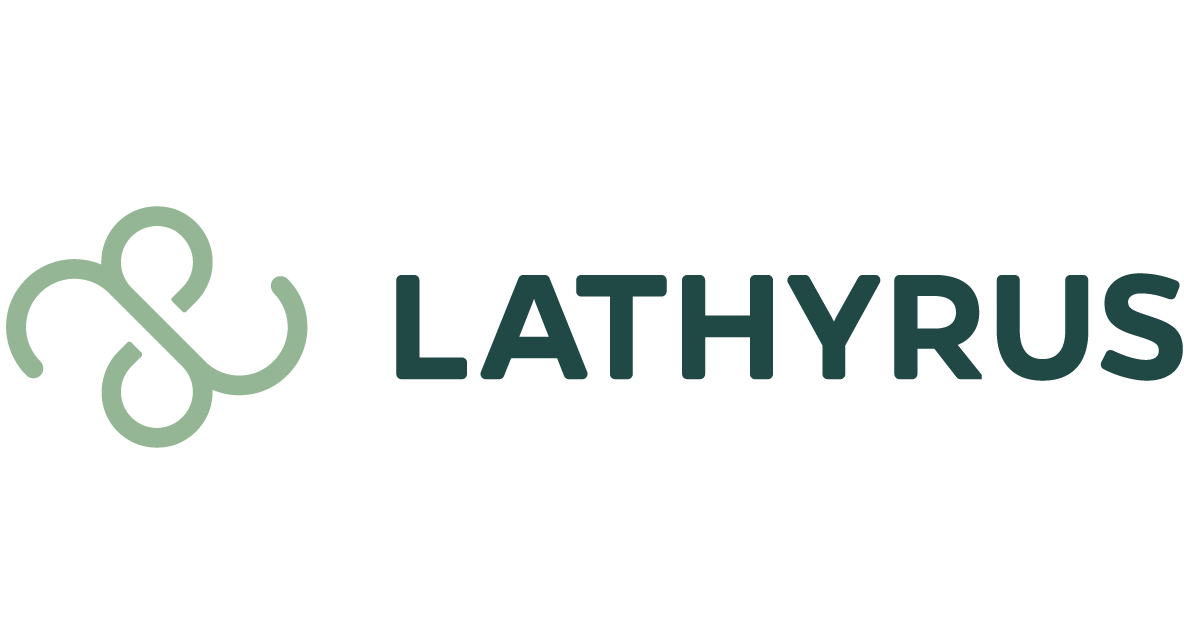Daniel Kahneman and Jeff Hawkins agree that most of our thinking happens subconsciously as part of what Kahneman calls System 1. System 1 is very good at detecting “errors” in our perception — violations of our expectations. But it’s also very good at making its own errors; errors that cause us to make inaccurate estimates and poor decisions.
It’s not that System 1 is a bad thing. It’s System 1, after all, that enables us to perform behaviours automatically, respond quickly, and conserve energy. I can perform complex tasks, like driving a very familiar route between home and work, with my mind on other things and little to no awareness of the task at hand.
System 2 is slower, more intentional, takes more energy, and relies heavily on System 1 in order to be able to focus on things that really do require our conscious attention. If we had to rely only on System 2 thinking to drive a car, we’d be exhausted by the time we made it out of the driveway.
System 2 is also susceptible to its own errors. Our ability to focus our attention on how many times people pass a basketball can cause us to overlook something that otherwise seems obvious. We also have an incredible ability to create memories of things that never happened, or didn’t happen in the way that we recall.
Catching my own errors
So how can I get better at recognizing my own cognitive shortcomings? How can I know when I’m wrong?
The bad news, according to Kahneman, is that as individuals, we can’t. Precisely because these errors are happening so automatically and unconsciously, it’s very, very difficult for me to see them. In fact, the greater expertise I have in an area, the more difficult it will likely be for me to recognize the errors in my thinking and my cognitive shortcomings. I may even find it difficult to acknowledge them when they’re brought to my attention.
But from another perspective, this may also be the good news.
Although I may be very bad at recognizing my own mental errors, I am generally much better at recognizing the errors of others — and they are better at recognizing mine. If I can be humble enough to accept that, I’ve taken a giant step forward in becoming more intelligent.
Because this is the magic of dialogue, of teams, of learning with a group, of counselling, of coaching: By recognizing that our individual thinking is limited and by exposing ourselves to other perspectives, we can think better — together.
Why We Contradict Ourselves and Confound Each Other. On Being with Krista Tippett (podcast, 51 minutes)
Copyright © 2023 Lynn Thorsell, All rights reserved.
Photo by Arthur Poulin on Unsplash
The problem with thinking << More Notes >> The Great Undermining


